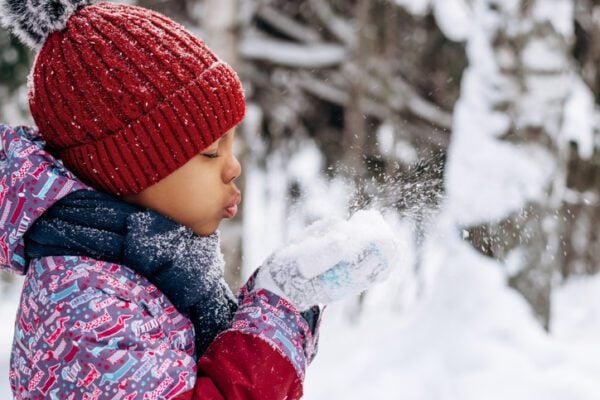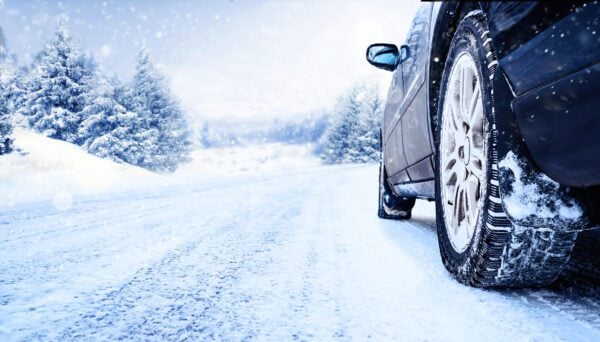As Indy faces a slew of frigid temperatures this winter, Eskenazi Health urges preparedness to ensure health and safety.
Prolonged exposure to cold can cause hypothermia or other serious conditions that can cause permanent damage to the body. Frostbite is also common, especially for individuals who are unhoused, elderly, outdoor workers and newborns.

Eskenazi Health warns that the symptoms of frostbite can include loss of feeling and color in affected areas such as the nose, ears, cheeks, fingers or toes. The injury is like a burn and can sometimes lead to amputation. Those with decreased blood circulation and people not properly dressed for winter weather are at an increased risk for frostbite.
“Cold weather and frostbite injuries are easily avoidable for most of us, yet we see too many of these unfortunate cases each year due to tragic carelessness, lack of proper planning and neglect,” said Brett Hartman, medical director of the Richard M. Fairbanks Burn Center at Eskenazi Health. “Staying inside is the best thing we can all do during times like these, and when we have to go out it’s imperative that we wear proper cold weather clothing and do everything possible to be outside only for short periods of time.”

Hypothermia is usually caused by long periods of time in the cold or if a person becomes chilled by rain or sweat in cool temperatures. Hypothermia can affect the brain, causing symptoms like shivering, exhaustion, confusion and slurred speech.
“As the winter weather settles in Central Indiana, but it is still important to be prepared,” said Dr. Tyler Stepsis, medical director of the Michael & Susan Smith Emergency Department at Eskenazi Health. “Utilizing a winter emergency kit for your vehicle and your home, obtaining portable mobile chargers, booster cables, flashlights, first aid kits and items to stay warm will help keep you and your loved ones safe during unexpected emergencies. Make sure to check the weather to ensure you’re properly prepared for this winter season.”
Eskenazi offers some tips for Hoosiers to stay warm and safe during the winter weather, including:
- Monitor and maintain body temperature, especially for infants and older adults.
- Heat your home properly and safely.
- Drink plenty of warm beverages to keep you warm.
- Avoid alcoholic and caffeinated drinks, as these can contribute to a decrease in body temperature.
- Always wear a hat, scarf and insulated gloves or mittens and layer clothes to reduce the chance of frostbite.
- Avoid overexertion when participating in outdoor chores or activities.
For more information visit eskenazihealth.edu.
To read more health stories, click here.
This reporting is made possible by a grant from the Indianapolis African-American Quality of Life Initiative, empowering our community with essential health insights. https://iaaqli.org/
Contact Health & Environmental Reporter Hanna Rauworth at 317-762-7854 or follow her on Instagram at @hanna.rauworth.
Hanna Rauworth is the Health & Environmental Reporter for the Indianapolis Recorder Newspaper, where she covers topics at the intersection of public health, environmental issues, and community impact. With a commitment to storytelling that informs and empowers, she strives to highlight the challenges and solutions shaping the well-being of Indianapolis residents.










